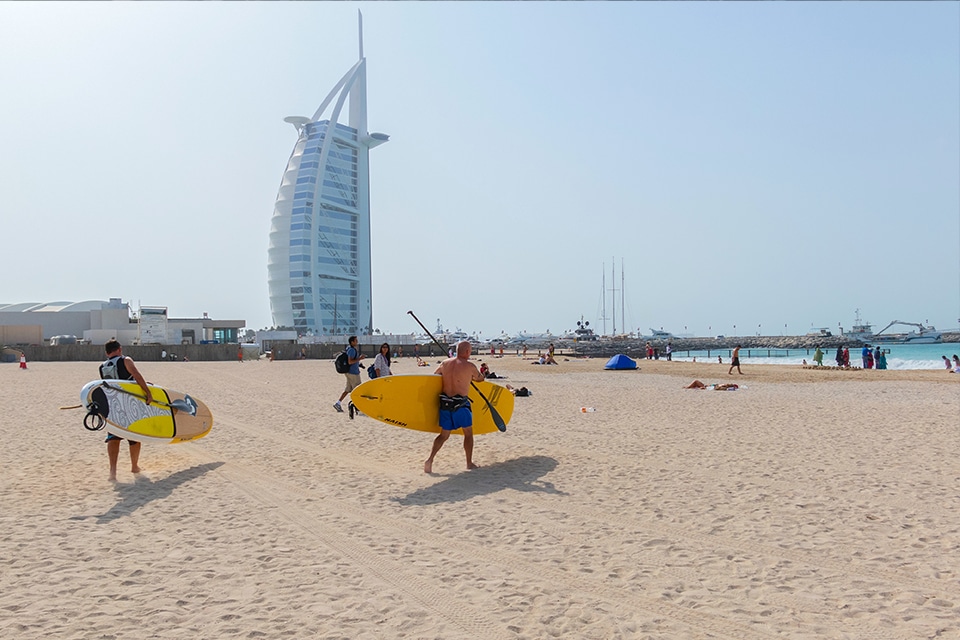The United Arab Emirates (UAE) is made up of seven Emirates, one of which is Dubai. It is Situated on the Arabian Peninsula’s Southeast coast, near the Persian Gulf. In This Article you know all about Tourism Dubai.
Dubai is Well-known for its Cutting-Edge Infrastructure, opulent Lifestyle, and magnificent Cityscape dotted with Renowned buildings.
Geography of Dubai state:
Dubai, the Second-largest emirate in the United Arab Emirates (UAE), is located on the Arabian Peninsula’s Southeast coast. Here are some important Geographical Features of Dubai:
Location:
Dubai is located on the Arabian Peninsula’s eastern coast, near the Persian Gulf. It is around the same Latitude as Saudi Arabia’s northern border.
Coastal Area:
The emirate of Dubai has a Coastline that spans along the Persian Gulf, giving it access to the sea. The Coastline is distinguished by sandy beaches and rocky Outcrops.
Desert Terrain:
The Arabian Desert covers a large amount of Dubai’s interior. Sand dunes, gravel plains, and oases dot the desert landscape.
Dubai Creek:
The natural seawater inlet known as Dubai Creek separates the city into two sections: Daria on the northern side and Bur Dubai on the southern side. The creek has historically been important for Dubai’s commercial and maritime activity.
Climate:
Dubai has a desert climate, with extremely hot summers and mild winters. Summer temperatures can often exceed 40°C (104°F), while winters are warm and pleasant.
Limited Natural Freshwater Resources:
Due to its dry climate, Dubai has water scarcity concerns. As a result, the emirate’s water supply is primarily reliant on desalination.
Urban development:
Dubai has witnessed considerable urban growth over the years, resulting in a modern and magnificent cityscape packed with renowned skyscrapers and architectural wonders.
Dubai’s distinct terrain, with its combination of desert, coast, and urban development, has aided in its metamorphosis into a major worldwide city and a vital participant in business, tourism Dubai, and finance.
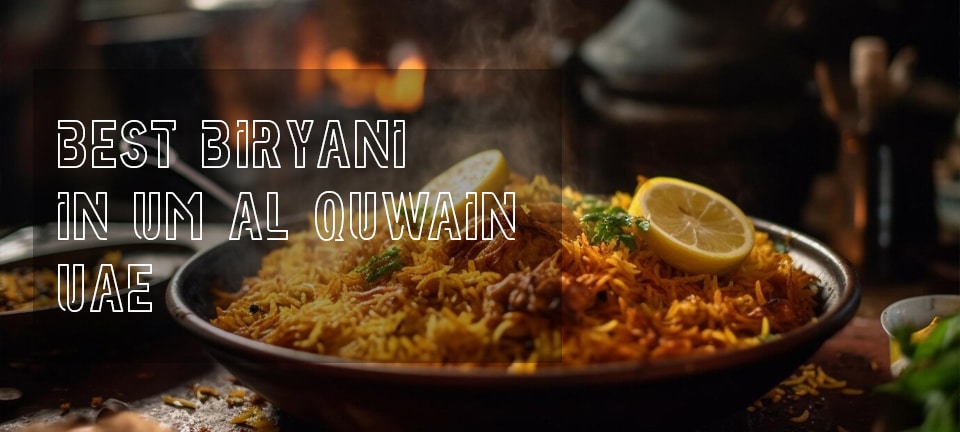
Here are some key points about tourism in the UAE:
- Attractions: The UAE is known for its iconic attractions such as the Burj Khalifa, the world’s tallest building, located in Dubai. Other popular attractions include the Sheikh Zayed Grand Mosque in Abu Dhabi, the Dubai Mall, the Palm Jumeirah, and the desert safari experiences.
- Luxury Tourism: The UAE is renowned for its luxury tourism offerings, including high-end hotels, luxury shopping experiences, and extravagant entertainment options. Dubai, in particular, is known for its luxury hotels, such as the Burj Al Arab and the Atlantis, The Palm.
- Cultural Tourism: Despite its reputation for luxury and modernity, the UAE also offers rich cultural experiences. Visitors can explore traditional souks (markets), historic neighborhoods like Al Fahidi in Dubai, and museums such as the Louvre Abu Dhabi and the Dubai Museum.
- Adventure Tourism: The UAE’s diverse landscape offers opportunities for adventure tourism, including desert safaris, dune bashing, camel riding, and water sports such as kite surfing and jet skiing.
- Events and Festivals: The UAE hosts numerous events and festivals throughout the year, including the Dubai Shopping Festival, the Abu Dhabi Grand Prix, and cultural festivals celebrating Emirati heritage and traditions.
- Shopping: The UAE is a popular shopping destination, with modern malls offering a wide range of international brands and luxury goods. The Dubai Mall, Mall of the Emirates, and Abu Dhabi Mall are among the largest shopping malls in the region.
- Business Tourism: Dubai and Abu Dhabi are major business hubs, attracting business travelers for conferences, exhibitions, and trade events held at venues like the Dubai World Trade Centre and the Abu Dhabi National Exhibition Centre.
- Infrastructure: The UAE boasts modern infrastructure and transportation networks, including world-class airports, highways, and public transportation systems, making it easy for tourists to navigate the country.
- Visa Policies: The UAE offers visa-free entry or visa-on-arrival to citizens of many countries, facilitating tourism. Additionally, the country has implemented initiatives such as the UAE Golden Visa to attract long-term residents, investors, and skilled professionals.
Government of Dubai state:
Dubai’s political system is characterized by stability and continuity. Here are some major points concerning Dubai’s government:
Ruler:
Dubai’s king is the hereditary monarch and the head of state. As of my most recent update, Dubai’s ruler is Sheikh Mohammed bin Rashid Al Maktoum, who took office on January 4, 2006.
Political Structure:
Dubai’s political system is a component of the UAE’s larger federal political framework. The United Arab Emirates is a federation of seven emirates, each having its own ruler.
At the federal level, the President of the UAE is the head of state, while the Prime Minister of the UAE is the head of government.
Sheikh Mohammed bin Rashid Al Maktoum is the ruler of Dubai as well as the Vice President and Prime Minister of the United Arab Emirates.
Decision-Making:
The ruling family and a council of advisors make decisions in Dubai, and they play an important role in creating policies and governance.
Advisory Council:
The Dubai Executive Council is a consultative council that advises the ruler on major decisions. The council is made up of high-ranking officials and specialists from a variety of fields.
Local Government:
In the UAE, each emirate has its own local government in charge of overseeing various administrative and public functions inside its borders.
Dubai’s local governments oversee areas such as education, health, transportation, and infrastructure.
Stability and Development:
Dubai’s administration has played a critical role in supporting the emirate’s stability, security, and development.
The ambition and ambitious projects of the government have transformed Dubai into a global commercial and tourism Dubai powerhouse.
It Is critical to understand that political systems and government information can change over time.
Official government sources and respected news sites are the best places to look for the most up-to-date information on the government of Dubai and the UAE.
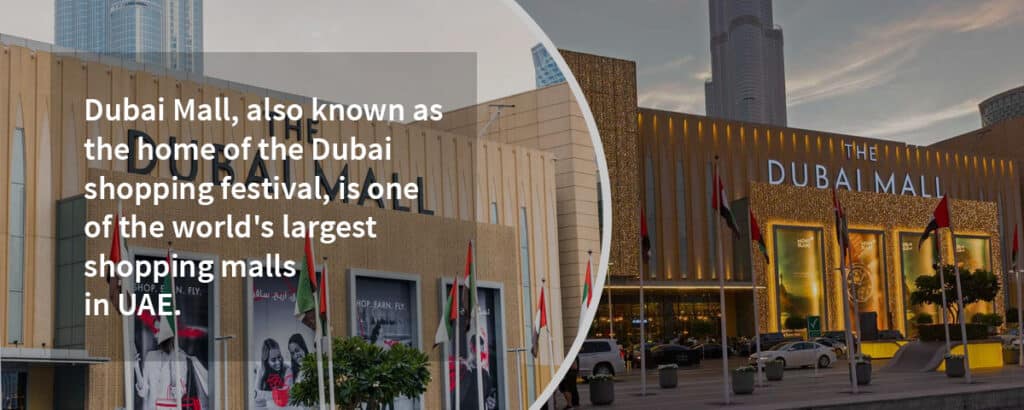
Economy of Dubai state:
Here are some key aspects of the economy of Dubai:
Trade and Logistics:
Historically, Dubai’s economy has been heavily reliant on trade and logistics due to its strategic location as a major transshipment hub between Asia, Europe, and Africa.
The Port of Jebel Ali, one of the world’s largest container ports,
and Dubai International Airport, a major aviation hub, are both located in Dubai.
Tourism Dubai:
Dubai is a well-known international travel destination that draws millions of tourists each year.
The tourist economy greatly benefits from its opulent hotels, famous sites, entertainment opportunities, and retail centers. Dubai is a popular tourist destination for shopping, business, and entertainment.
Real estate and construction:
Impressive buildings, gated communities, and large-scale projects are some of the characteristics of Dubai’s significant real estate and infrastructural development.
Financial Services:
Dubai has established itself as the region’s top financial hub. As a financial-free zone, the Dubai International Financial Centre (DIFC) is home to a number of financial organizations,
including banks, investment businesses, insurance companies, and fintech startups.
Oil and gas:
Although oil used to play a big role in Dubai’s economy, that role has considerably diminished over time.
The administration has made economic diversification a priority in order to reduce reliance on oil.
Manufacturing:
Dubai’s manufacturing industry includes a number of sectors, such as petrochemicals, aluminum, building supplies, and food processing.
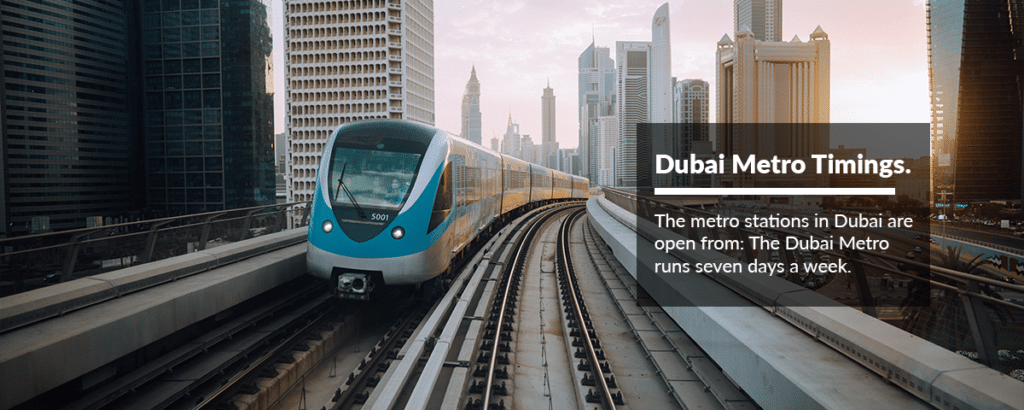
Diversification:
Dubai’s administration has actively worked to diversify its economy in order to lessen its dependency on oil money.
With the help of this diversification plan, non-oil sectors have seen development and investment.
It’s Important to note that the economy of Dubai, like any other, can be subject to changes and fluctuations based on global economic conditions and local policies.
Transportation system:
Dubai is home to a cutting-edge, effective transportation network that serves both locals and visitors.
There are many ways to go around the city and beyond thanks to the well-developed transportation network. Here are some essential elements of Dubai’s transportation system:
Dubai Metro:
The Dubai Metro Is a fully automated, driverless rapid transit system that connects to both the Red Line and the Green Line.
It connects vital locations such Downtown Dubai, Dubai Marina, and the Dubai International Airport, making it one of the city’s most effective transportation methods.
Dubai Tram:
The 10.6-kilometer Dubai Marina and Jumeirah Beach Residence (JBR) route is where the Dubai Tram travels. Both locals and visitors can use it as a convenient form of transportation.
Buses:
The Roads and Transport Authority (RTA) manages Dubai’s massive bus network. Buses connect Dubai to nearby emirates including Abu Dhabi and Sharjah as well as several routes within the city.
Taxis:
Taxis are easily accessible throughout Dubai and provide a comfortable and convenient means of transportation. In the city, normal and upscale taxis are available.
Ride-Hailing Services:
Uber and Careem , as well as other ride-hailing services, are available in Dubai, giving residents of the city yet another means of transportation.
Water transportation:
Water transportation options, such as the traditional Abra boats and water taxis, are available on Dubai Creek and the Dubai Water Canal, offering a picturesque and historic means of crossing the water.
Dubai International Airport:
As one of the busiest airports in the world, Dubai International Airport (DXB) connects Dubai to destinations worldwide and serves as a major aviation hub.
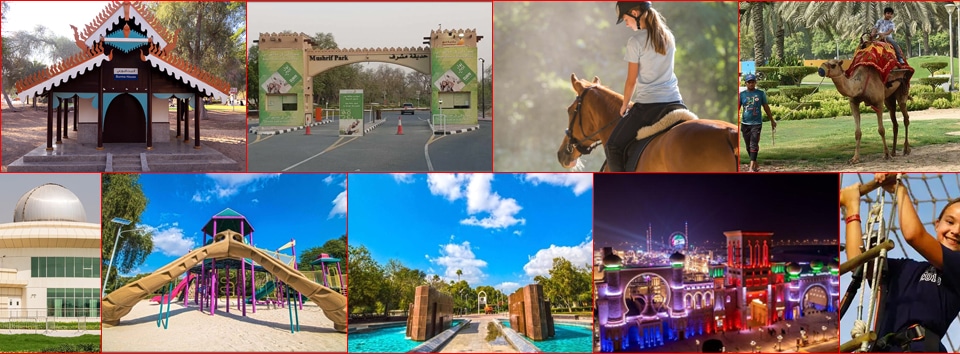
Culture:
Dubai’s culture reflects the city’s rapid expansion and multicultural nature by fusing traditional Arabian heritage with contemporary influences. These are some significant facets of Dubai culture:
Islamic Heritage:
Islam is a significant component of Dubai’s culture, and the city is filled with the sound of mosques calling people to prayer. Mosques serve as both places of worship and communal hubs in the United Arab Emirates, which includes Dubai.
Arab traditions:
Arabic calligraphy, traditional clothing (such as the abaya and kandura), and Arabian hospitality are only a few examples of the traditional Arab culture that is evident in Dubai’s day-to-day existence. Dubai proudly celebrates its Arab past.
Multiculturalism:
With a sizable expatriate community from all over the world, Dubai is a melting pot of cultures. Due to this diversity, there is now a cosmopolitan environment where various traditions, tongues, and cuisines coexist peacefully.
Traditional Music and Dance:
Dubai honors its legacy with performances of traditional music and dance, such as the vivacious and vibrant Emirati folk dance known as “Al Ayala.”
Festivals and Celebrations:
Throughout the year, Dubai hosts a number of cultural festivals and events that highlight the traditions and practices of its citizens.
The Dubai Shopping Festival, the Dubai Food Festival, and the cultural events held in honor of Eid al-Fitr and Eid al-Adha are a few examples of these.
Art and literature:
With galleries and other cultural venues that display both domestic and foreign artwork, Dubai has been fostering a burgeoning art scene.
Dubai also hosts the yearly Emirates Airline Festival of Literature, which advances reading and writing.
Family values:
Family values are very important in Dubai, and strong family ties are highly regarded. Inherent aspects of Emirati culture include reverence for elders and close-knit family gatherings.
Traditional Sports:
Although modern sports are very well-liked in Dubai, traditional sports like falconry and camel racing continue to be a significant part of the local culture, particularly during festivals and events.
Dress code:
Although Dubai is more tolerant than some other Middle Eastern cities, it is nevertheless advised to dress modestly, particularly in public spaces and religious sites, out of respect for regional traditions and customs.
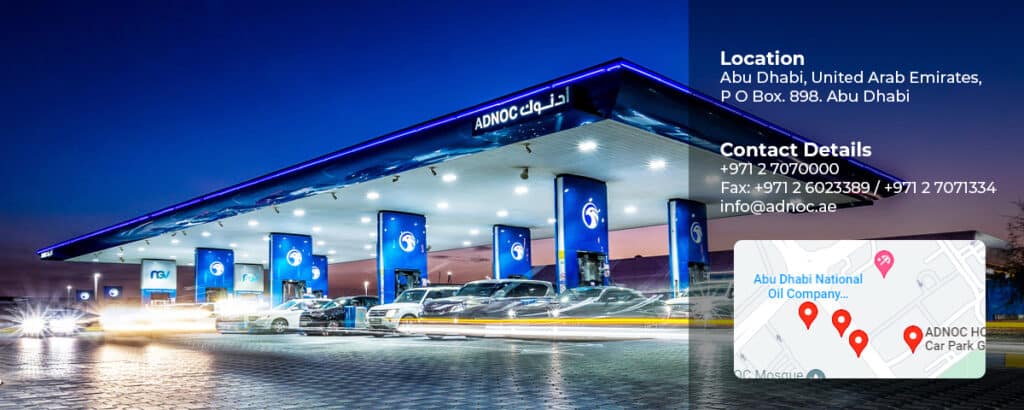
Tourism:
Dubai’s economy is heavily dependent on tourism Dubai, and the city is well-known as one of the world’s top travel destinations.
Millions of travelers visit Dubai each year because of its advantageous location, first-rate infrastructure, and wide variety of attractions. Here are some significant elements of tourism Dubai:
Iconic Landmarks:
Dubai is home to a number of well-known landmarks, such as the Burj Khalifa, the world’s tallest structure with stunning views from its observation decks.
Luxury Hotels and Resorts:
Some of the world’s most extravagant and opulent hotels and resorts can be found in Dubai.
Numerous of these establishments provide opulent amenities, breathtaking architecture, and unmatched hospitality, drawing affluent tourists from all over the world.
Shopping:
With its abundance of malls, souks, and markets providing everything from high-end designer brands to traditional Arabic products, Dubai is renowned as a shopper’s paradise.
One of the biggest shopping malls in the world, the Dubai Mall, offers a variety of retail and leisure opportunities.
Desert Safari:
Visitors can enjoy thrilling dune-bashing, camel rides, and conventional Bedouin entertainment during desert safaris, which are a well-liked tourist activity in Dubai.
Theme Parks and Entertainment:
Dubai is home to a number of top-notch theme parks that provide family-friendly entertainment and activities, including IMG Worlds of Adventure, Dubai Parks and Resorts, and the Dubai Miracle Garden.
Cultural encounters:
Despite its modernity, Dubai cherishes its cultural history.
Visitors can learn about Emirati culture through a variety of encounters, such as excursions to traditional souks, historic towns, and cultural events.
Water Activities:
Dubai provides a wide range of water-based activities like yacht excursions, water sports, and even dolphin swimming at locations like Atlantis, The Palm, thanks to its breathtaking shoreline along the Persian Gulf.
Events and Festivals:
Dubai hosts numerous events and festivals throughout the year, including the Dubai Shopping Festival, Dubai Food Festival, and the Dubai World Cup, attracting visitors from across the globe.
Dubai’s commitment to enhancing its tourism Dubai offerings and its ability to cater to various interests and preferences have solidified its position as a premier global destination for leisure, business, and entertainment travel.
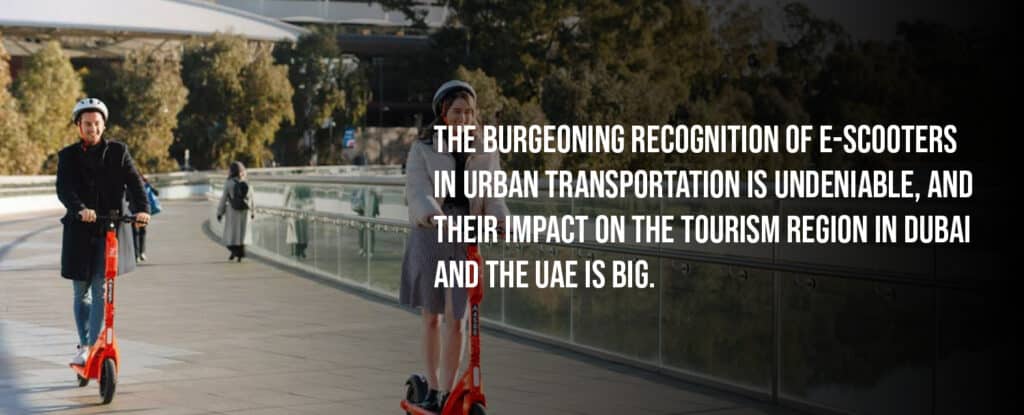
FAQ’S
The seven emirates (states) that make up the United Arab Emirates—also known as the Emirates or UAE—are Abu Dhabi, Dubai, Sharjah, Ras Al Khaimah, Ajman, Umm Al Quwain, and Fujairah.
Abu Dhabi is the largest emirate in the United Arab Emirates. It features a 700km long coastline and 200 islands. It covers 67,340 sq. km in total.
Conclusion
One of the seven emirates that make up the United Arab Emirates (UAE), Dubai, is a standout when it comes to the Middle East’s modernity, innovation, and economic development. Here is a succinct summary of Dubai:
Dubai’s transformation from a small trade post to a bustling international city is a credit to its innovative leadership, advantageous location, and diversification initiatives.
Millions of tourists and expats from around the world have been drawn to the emirate by its thriving economy, which is supported by trade, tourism Dubai, real estate, and financial services.
For people of various origins, Dubai’s rich cultural legacy and global appeal create a distinctive and warm environment.
The city, which offers a fusion of heritage and contemporary and continues to develop, is still well-known worldwide as a symbol of development and prosperity.
